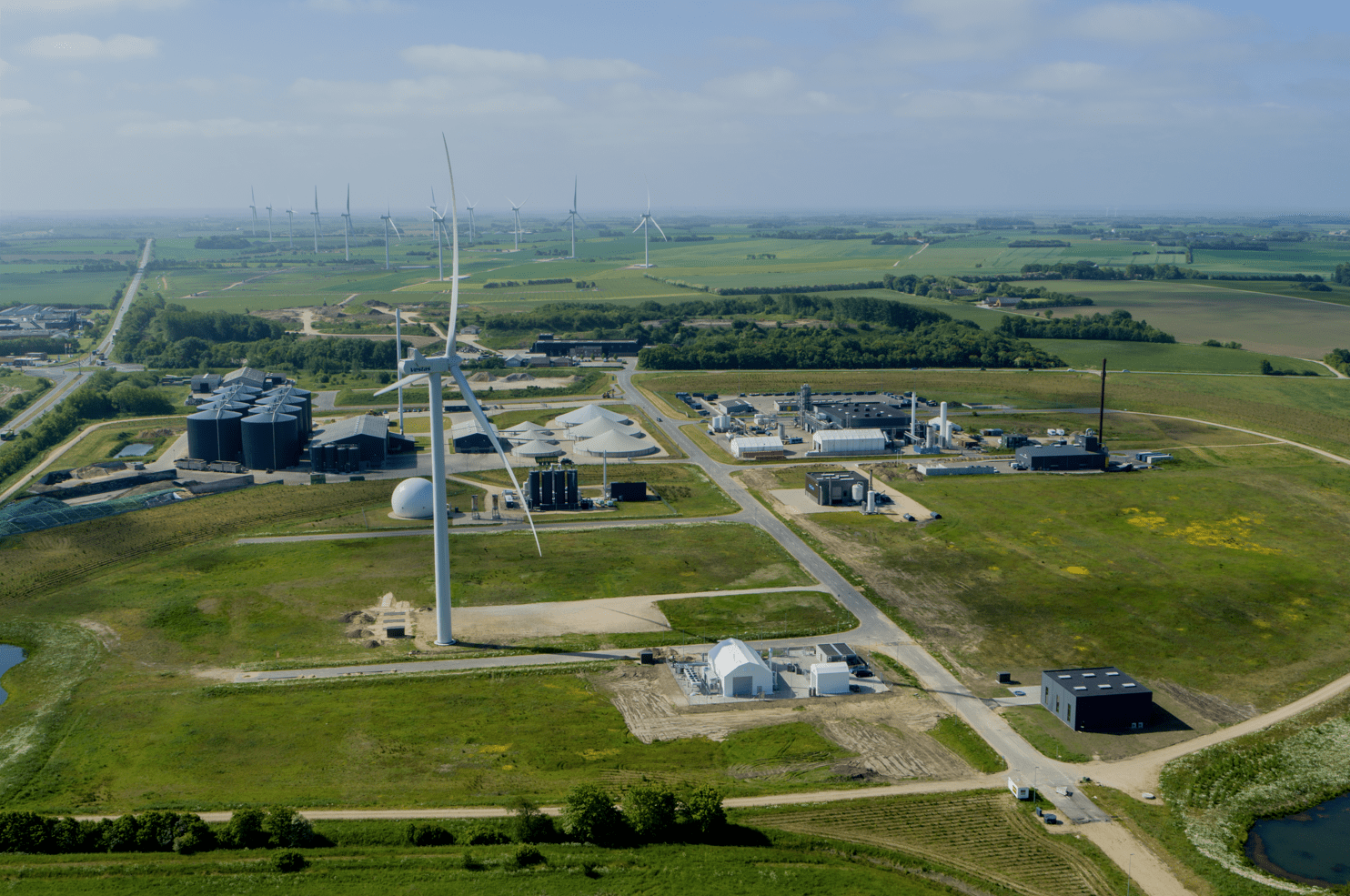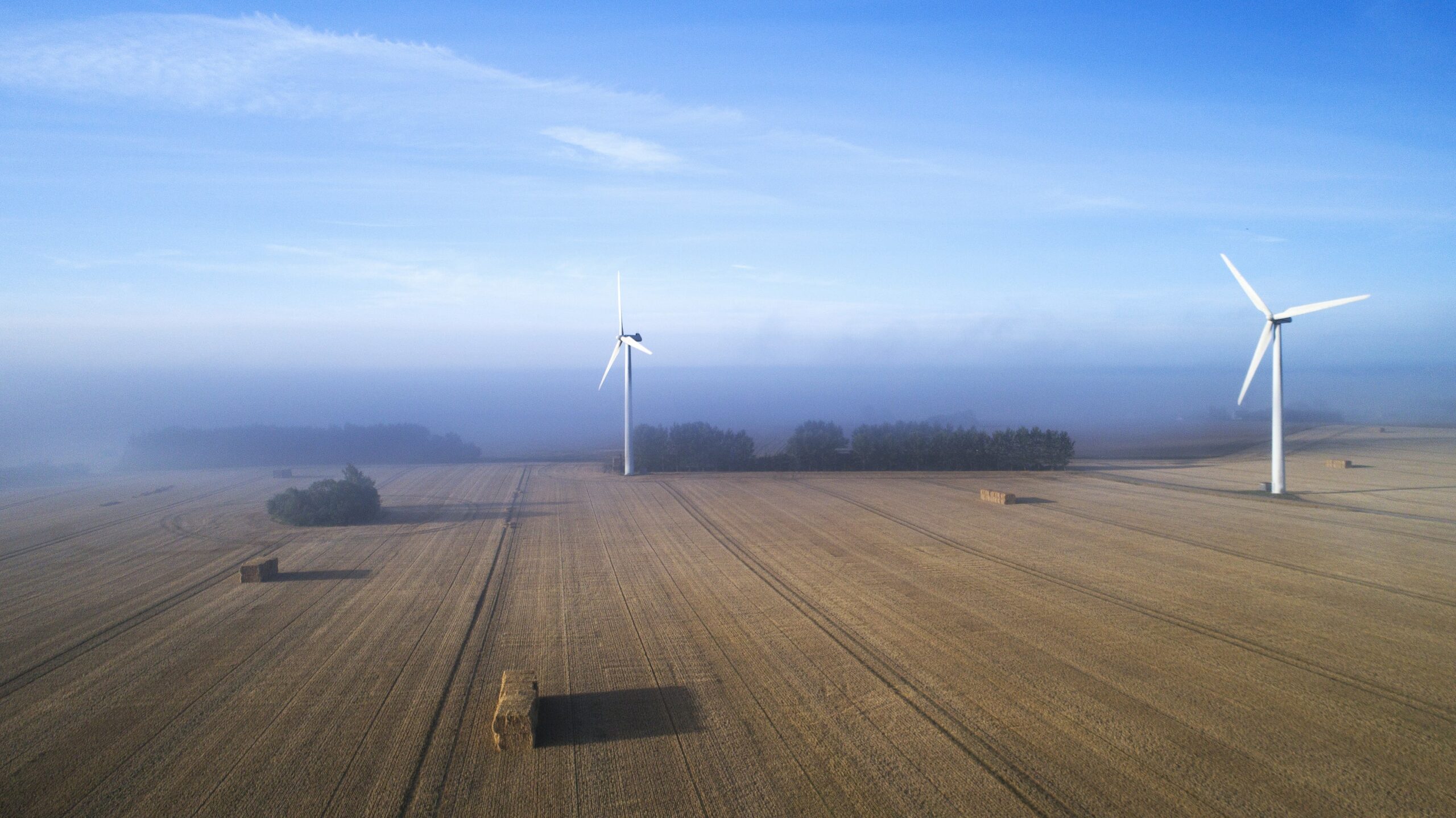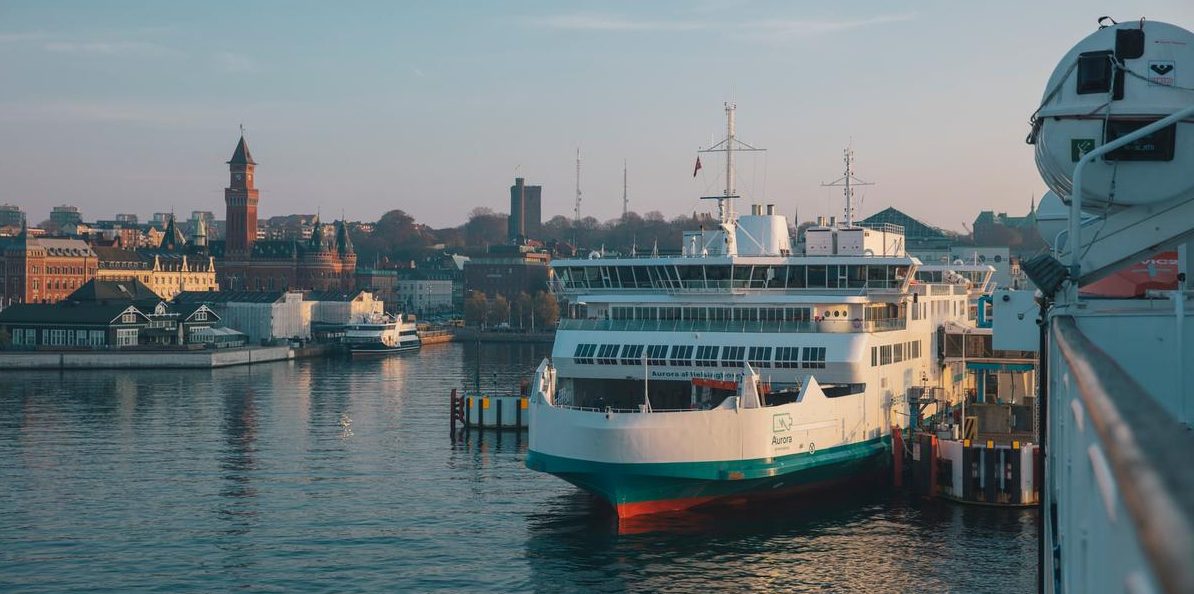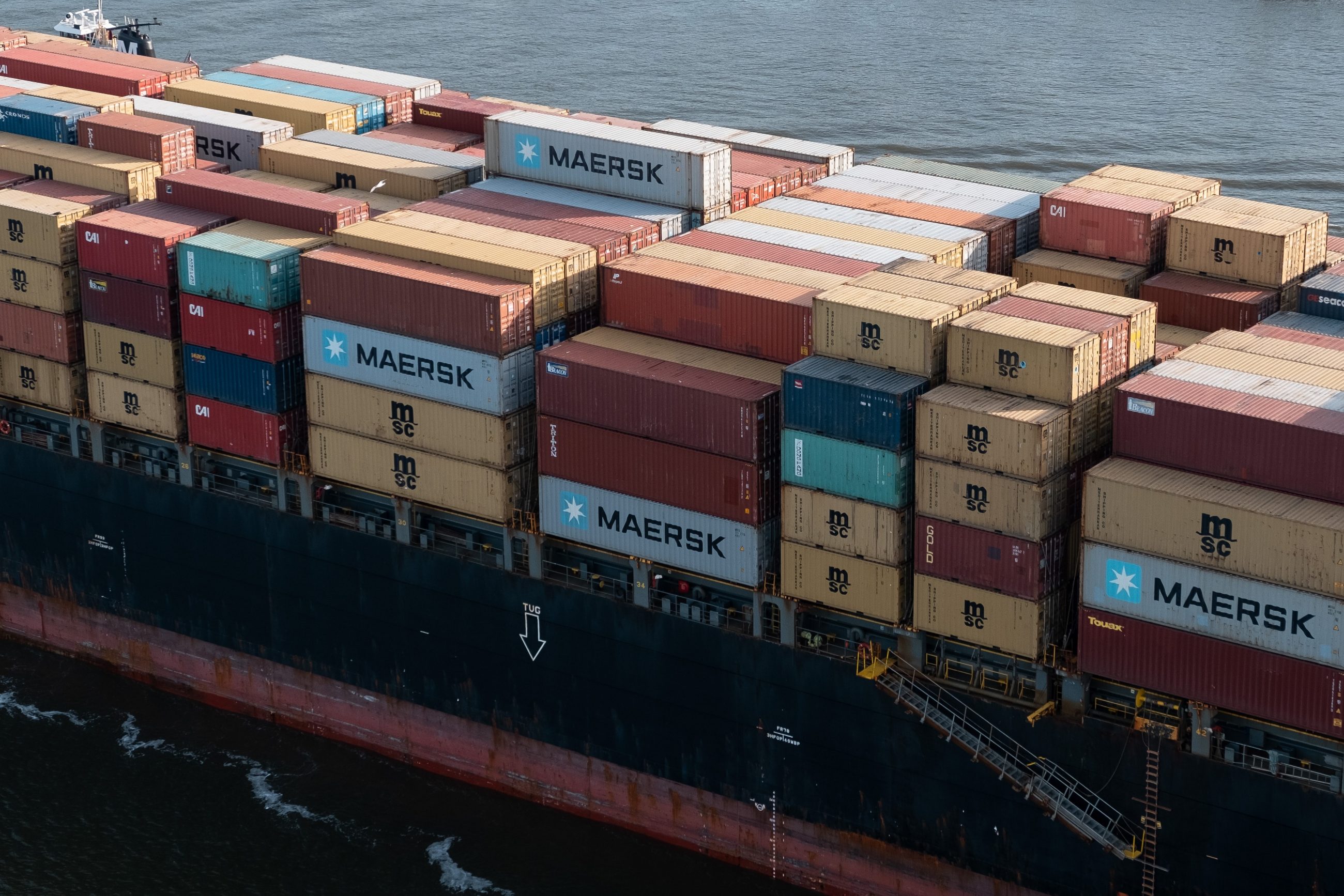News
Shipping and maritime
Sustainable fuels
Scandlines hybrid ferry Copenhagen soon with rotor sail
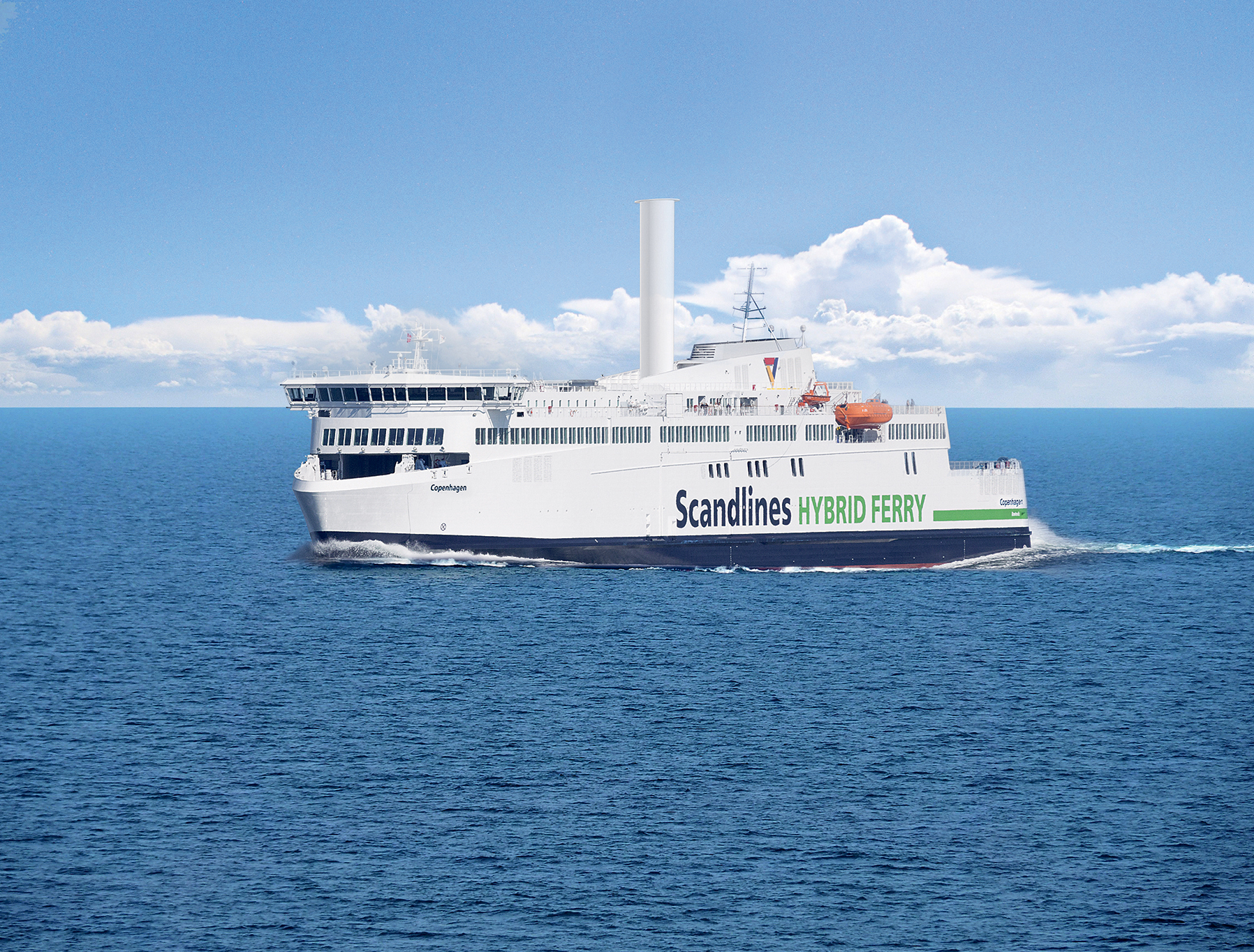

During a yard stay in autumn 2019, the Scandlines hybrid ferry Copenhagen, operating between Rostock (Germany) and Gedser (Denmark), was prepared for a rotor sail . A steel foundation was established and cables pulled. Furthermore, the navigation light had to be relocated. The actual rotor sail will be mounted in Q2 2020. The work will be carried out in the harbour of Rostock.
The rotor sail is a modernised version of the Flettner rotor, and the technology is based on the Magnus effect. When the wind meets the spinning cylinder, the air flow accelerates on one side of the cylinder and decelerates on the opposite side of the cylinder. The change in the speed of air flow results in a pressure difference which creates a lift force that is perpendicular to the wind flow direction. The longitudinal component of this force helps to push the ship through the water, thereby reducing the use of the diesel motors.
The same principle applies to all rotating spheres or cylinders like in golf, tennis, football or basketball.
The technology has the optimum effect when it is windy and the wind comes from the side. The route between Gedser to the north and Rostock to the south is almost perpendicular to the prevailing wind from the west giving us favourable conditions for using rotor sails on the crossing.
The rotor sail was produced in Goldap in the eastern part of Poland and from there transported 300 km by road to Klaipeda in Lithuania. The diameter of the rotor being five metres, the transportation was challenging. In some places, power cables had to be removed to make room for the rotor. The still unassembled rotor sail experienced its first journey on the Baltic Sea during the transportation from Klaipeda in Lithuania to Rostock in Germany.
The rotor sail is to be assembled in the Port of Rostock before installation at the end of Q2 2020.
By installing a rotor sail, Scandlines expects to reduce the CO2 emission on the Rostock-Rostock route by 4 to 5 per cent.
You should consider reading
News
Energy efficiency in industry
+3
